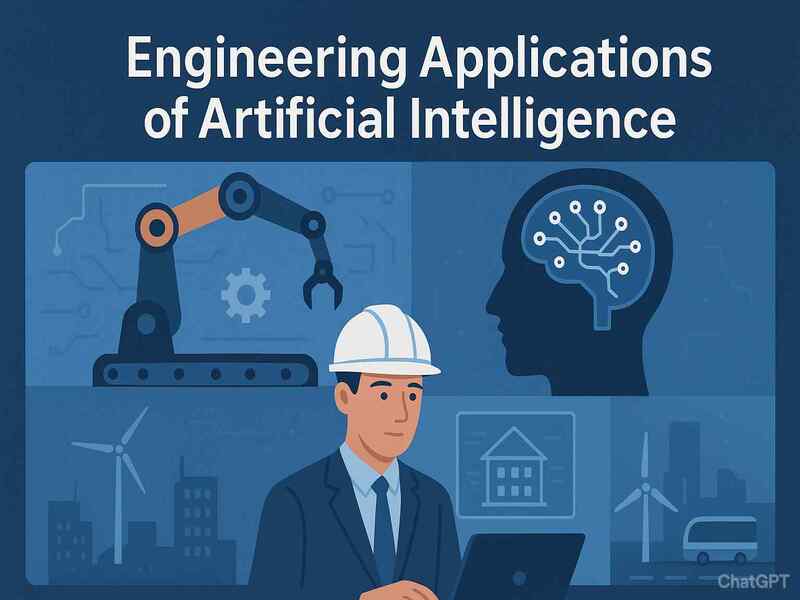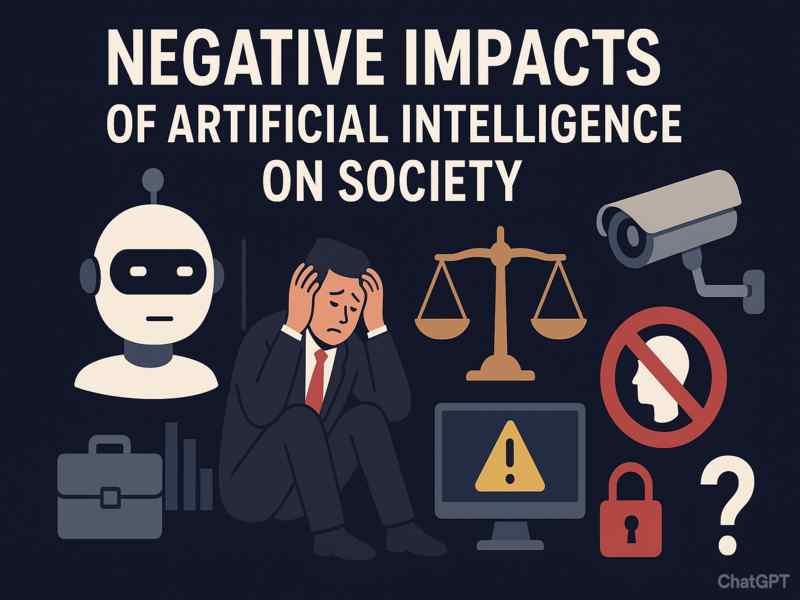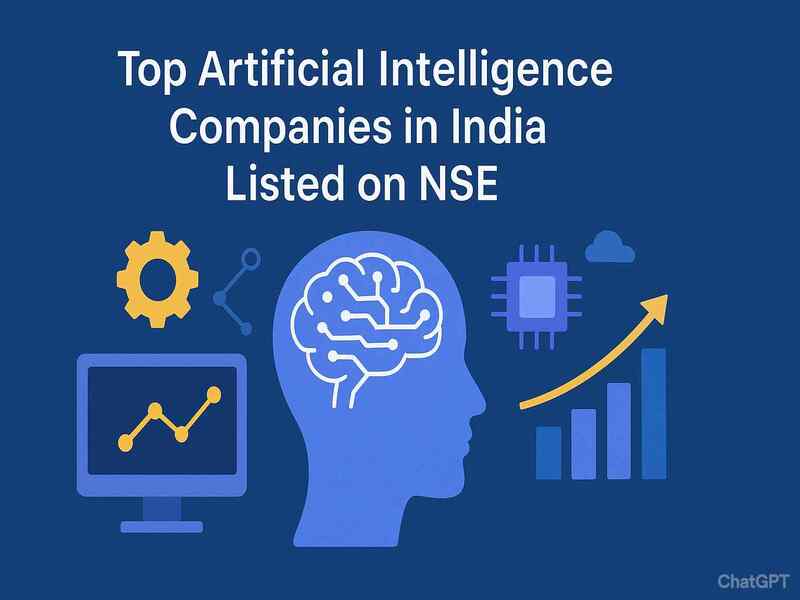Engineering Applications of Artificial Intelligence
Artificial Intelligence (AI) has emerged as a transformative force across industries, and engineering stands at the forefront of this revolution. From optimizing manufacturing processes to creating intelligent infrastructure, AI applications in engineering are redefining efficiency, safety, and innovation. This article explores the key engineering applications of AI, practical use cases, future trends, and challenges, providing a comprehensive view of how AI is shaping the engineering landscape.
Introduction to AI in Engineering
Engineering has always been about solving complex problems through systematic approaches. Today, AI augments human ingenuity with computational intelligence, enabling engineers to design smarter products, predict outcomes, and automate tasks that were once time-consuming.
AI techniques such as machine learning (ML), natural language processing (NLP), deep learning, reinforcement learning, and computer vision are widely integrated into various engineering disciplines. These applications not only streamline workflows but also open opportunities for innovation that were unimaginable a decade ago.
Key Benefits of AI in Engineering
-
Improved Accuracy and Efficiency
AI-driven algorithms can process vast amounts of data, eliminating human error and providing more precise results. -
Cost Reduction
Automated decision-making and predictive analytics reduce operational costs in design, testing, and maintenance. -
Enhanced Safety
AI systems can predict potential risks in structural engineering, construction, and manufacturing, protecting both workers and users. -
Faster Design and Prototyping
Generative design tools powered by AI help engineers create multiple design iterations in seconds.
Applications of AI in Different Engineering Disciplines
1. Mechanical Engineering
-
Predictive Maintenance: Machine learning models analyze equipment sensor data to predict failures before they occur.
-
Robotics and Automation: AI enhances robotic precision in assembly lines, welding, and quality inspection.
-
Design Optimization: Generative design algorithms suggest innovative structures that minimize weight while maximizing strength.
2. Civil Engineering
-
Smart Construction: AI-powered drones and sensors monitor construction progress and safety compliance.
-
Structural Health Monitoring: Deep learning models detect cracks, stress, and corrosion in bridges and buildings.
-
Urban Planning: AI assists in traffic flow analysis, energy efficiency modeling, and sustainable city design.
3. Electrical and Electronics Engineering
-
Smart Grids: AI enables demand forecasting, load balancing, and fault detection in power distribution networks.
-
Semiconductor Design: AI accelerates chip design and testing, reducing time-to-market.
-
Embedded Systems: Intelligent microcontrollers improve IoT devices, wearables, and autonomous machines.
4. Chemical Engineering
-
Process Optimization: AI enhances chemical plant efficiency by controlling variables such as temperature and pressure.
-
Material Discovery: Machine learning predicts chemical properties, expediting the development of new materials.
-
Environmental Solutions: AI helps in waste treatment, carbon capture, and pollution control processes.
5. Aerospace Engineering
-
Autonomous Flight Systems: AI supports autopilot systems, unmanned aerial vehicles (UAVs), and spacecraft navigation.
-
Predictive Safety Analysis: Algorithms detect anomalies in aircraft components, reducing the risk of accidents.
-
Aerodynamic Design: AI simulations optimize designs for fuel efficiency and performance.
6. Computer and Software Engineering
-
AI-Powered Development Tools: Intelligent coding assistants detect bugs and suggest optimizations.
-
Cybersecurity in Engineering Systems: AI algorithms detect anomalies in industrial control systems.
-
Simulation and Modeling: Neural networks enhance simulation accuracy in large-scale engineering projects.
Real-World Examples of AI in Engineering
-
Siemens: Uses AI in predictive maintenance for industrial machinery.
-
Tesla: Leverages AI for autonomous driving and smart manufacturing.
-
General Electric (GE): Applies AI to monitor turbines, jet engines, and power plants.
-
Boston Dynamics: Integrates AI into advanced robotics for mobility and automation.
Challenges and Limitations
While AI offers immense potential, its integration in engineering comes with challenges:
-
Data Dependency: High-quality data is crucial for training AI models, but many industries lack standardized datasets.
-
Ethical Concerns: Decisions made by AI in safety-critical areas raise accountability issues.
-
Cost of Implementation: AI solutions require significant investment in infrastructure and expertise.
-
Resistance to Change: Traditional engineering practices may hinder AI adoption.
Future Trends in AI and Engineering
-
Digital Twins: AI-powered digital replicas of physical systems for real-time monitoring and simulation.
-
Autonomous Construction Sites: Fully automated equipment performing excavation, welding, and inspection.
-
Sustainable Engineering: AI-driven optimization for renewable energy systems and eco-friendly designs.
-
Collaborative AI-Engineer Systems: Human engineers working alongside AI-powered assistants for enhanced creativity.
-
AI-Driven 3D Printing: Generative design integrated with additive manufacturing for rapid prototyping.
Best Practices for Implementing AI in Engineering
-
Start Small: Begin with pilot projects in one area (e.g., predictive maintenance).
-
Invest in Training: Upskill engineers with AI and data science knowledge.
-
Collaborate Across Disciplines: Integrate expertise from computer science, data analytics, and engineering.
-
Ensure Transparency: Build explainable AI models to foster trust in safety-critical applications.
Final Thoughts
Artificial Intelligence is revolutionizing engineering by enabling smarter designs, improving efficiency, and enhancing safety. From mechanical systems to sustainable urban planning, AI applications are rapidly expanding. While challenges remain, the future of AI in engineering promises unprecedented advancements that will define the next era of innovation.




